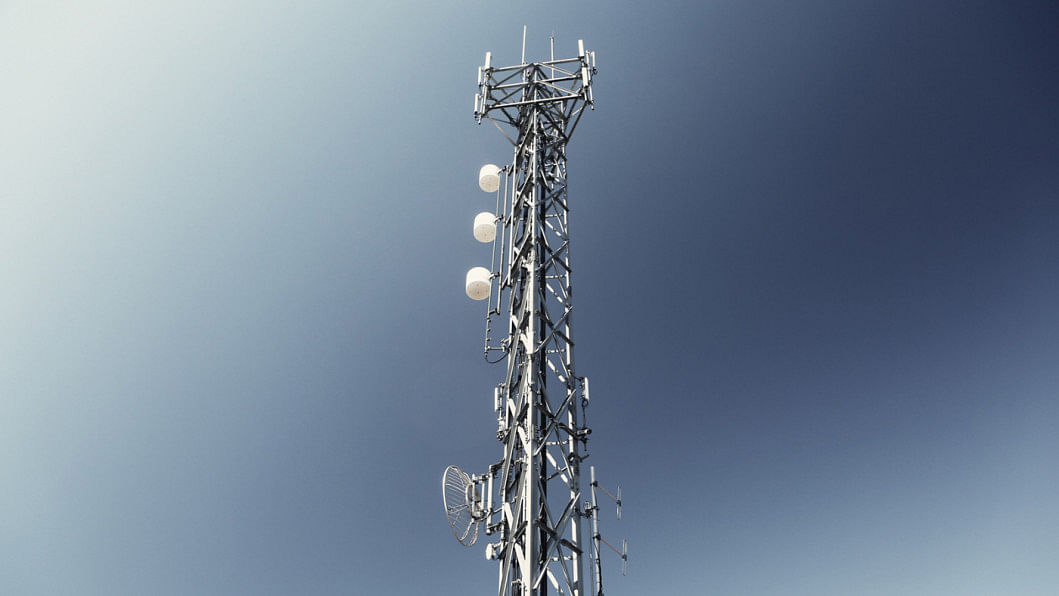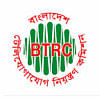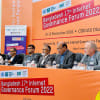Draft telecom law seeks social media intermediaries under oversight

The Bangladesh Telecommunication Regulatory Commission (BTRC) has drafted the Bangladesh Telecommunication Regulation (Amendment) Ordinance, introducing a new provision to bring social media intermediaries under punishment and regulatory oversight for activities deemed harmful to national unity, security, and public order.
The draft proposes the inclusion of a new section, 66-ka, in the Bangladesh Telecommunication Act, 2001.
Under the proposed section, any person using telecommunication or wireless equipment, or any digital or electronic medium, to transmit signals, messages, calls, or content that is considered anti-national, seditious, or capable of inciting hatred, division, unrest, or fear among the public, or harmful to Bangladesh's sovereignty, defense, foreign relations, public security, public order, rule of law, or economic interests, will be committing an offence.
The penalty would be up to five years in prison, a fine of up to Tk 300 crore, or both.
The clause also extends liability to any intermediary or social media intermediary that engages in or facilitates such acts.
According to the draft, a "social media intermediary" means an intermediary primarily or solely used for online communication between two or more users and that allows such users to create, upload, respond to, disseminate, or modify user-generated content on the platform.
However, services or content with a legal ownership or entity status shall not be included under this definition.
Under this definition, intermediaries would include platforms like Facebook, YouTube, TikTok, WhatsApp, and Telegram.
Upon written instructions from the government, the BTRC will have the authority to instruct any telecom service provider, intermediary, or social media intermediary to block or remove such content without providing any explanation.
Failure by a service provider to comply with such directives immediately will also be considered a criminal offence, carrying the same maximum penalty of five years' imprisonment, a Tk 300 crore fine, or both.
For the purposes of this section, the term "government" refers to the Ministry of Home Affairs, the Ministry of Defence, or any relevant ministry, depending on the matter.
In the BTRC's proposal, Section 66-ka has been made non-bailable.
However, it will be compoundable in applicable cases upon payment of compensation and administrative fines.
Earlier, during the Awami League regime, a similar non-bailable clause in the Digital Security Act was widely abused, and experts had disregarded it due to its repressive nature.
BTRC Chairman Major General (retd) Md Emdad Ul Bari said the fines were not newly introduced but were a continuation of provisions from previous laws.
"Earlier, the law focused on crimes committed using telecom networks or related issues. It has now been expanded to cover social media, as technology has evolved," he said.
On the non-bailable provision, Bari said it was introduced for offences deemed to be anti-state activities.
"This is just a draft, and it will go through further scrutiny. It can be altered if the government and stakeholders deem it unnecessary," he added.
The BTRC's draft came after the Ministry of Posts and Telecommunications, on July 28, instructed the regulator to prepare proposals for amending and updating the Telecommunication Act, 2001.
Following the directive, the BTRC submitted a proposal with several amendments to the ministry on August 12.

 For all latest news, follow The Daily Star's Google News channel.
For all latest news, follow The Daily Star's Google News channel. 








Comments